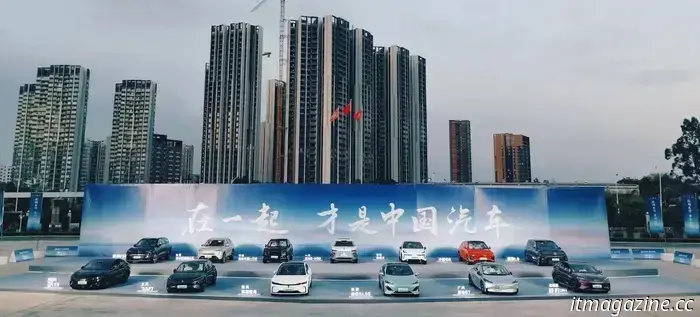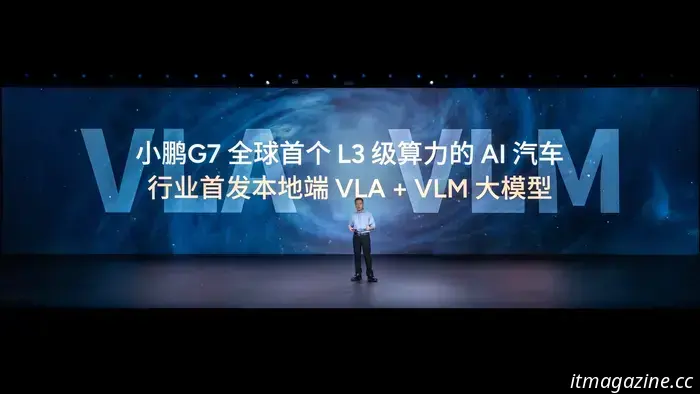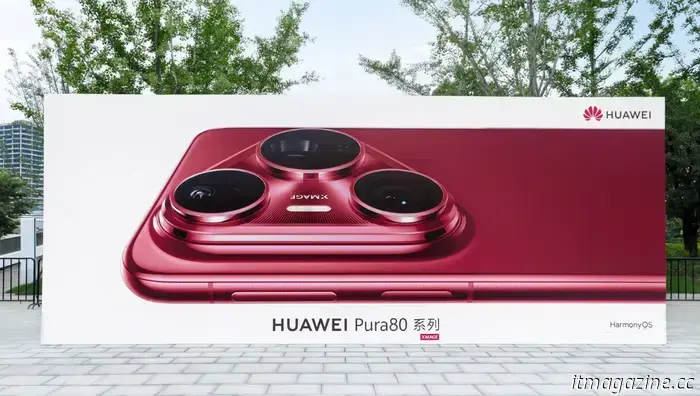
The conflict between BYD and Great Wall Motor escalates as Geely and GAC enter the fray.
BYD unveiled a variety of Chinese-branded electric vehicle models, including competitors like Li Auto's L9 and GAC's Hyper GT, at their headquarters in Shenzhen on Wednesday, August 9, 2023. Credit: Supercharged/Chang Yan
A high-ranking official from China’s Geely expressed support for Great Wall Motor after the latter accused BYD of breaching national emission standards, a surprising development that increases pressure on BYD amid claims of exploiting its dominant market position. “Concerning the allegation that [BYD] utilized non-pressurized fuel tanks and did not meet emission standards [for its gas-electric hybrids], industry insiders are well-informed about the facts, as many have conducted various analyses of its vehicles. Our findings matched Great Wall Motor's claims entirely,” stated Victor Yang, Geely's vice president of public relations and communications, on June 7 (our translation). “A clear conclusion about this incident must be communicated to the public. Otherwise, how can the industry foster self-discipline?” Yang remarked at this year’s China Auto Chongqing Summit in Chongqing. “Geely opposes price wars and emphasizes the importance of competing on value, technology, quality, service, brand, and corporate ethics,” the company mentioned on Monday in a statement to TechNode. BYD did not reply to a request for comment.
Significance: Yang's statements come on the heels of Chinese regulators recently committing to measures aimed at curbing “involution-style” competition in the automotive sector, where most companies have been engaged in a price war for at least two years, leading to significant losses and shrinking profits throughout the industry.
BYD, already a dominant force in the Chinese automotive market, has been accused of partaking in unfair competition through ongoing price reductions and pressuring others to follow. BYD's board secretary Li Qian has rejected these claims, stating during a shareholder meeting on June 6 that the company provides enhanced value to customers through technological advancements and improved efficiency, according to the 21st Century Business Herald (in Chinese).
READ MORE: BYD faces strong EV competition from Geely and Changan in May amid potential regulatory examination
Details: Yang, recognized as one of the most vocal senior executives in the Chinese automotive sector, also condemned certain companies for seeking supremacy in an “involution-style” competition, cautioning that this could harm the EV ecosystem fostered by Beijing’s incentive initiatives. Although he did not name specific companies, he referred to Wei Jianjun, chairman of Great Wall Motor, as a “whistleblower” for the industry.
Yang's comments resonated strongly with the audience, leading to support from Xiao Yong, head of GAC’s EV Unit Aion, who later took the stage, as seen in videos shared on Chinese social media. Previously, Zhu Huarong, chairman of Changan Automobile, had shown his support for Great Wall Motor, as reported by Reuters on May 30.
Li Yunfei, BYD’s general manager for branding and public relations, replied a day later on the Chinese social media platform Weibo, asserting that BYD had adhered to regulatory guidelines by utilizing non-pressurized fuel tanks in its hybrid vehicles from 2021 to 2023. He also emphasized BYD's strong financial position and absence of financial troubles. The post was subsequently deleted without explanation.
READ MORE: Great Wall Motor's CEO publicly criticizes BYD for unfair competition
Context: China’s Ministry of Industry and Information Technology declared on Monday that it will enhance monitoring of “vehicle models that have generated significant public interest or pose substantial quality and safety risks” and impose penalties on those deemed noncompliant with national standards. This announcement followed China’s Ministry of Commerce's commitment on June 6 to fully collaborate with relevant departments to “establish a level playing field” in the automotive industry.
The notable drop in lithium carbonate prices, a crucial component for EV batteries, has created opportunities for cost reductions and price cuts, which is considered “quite normal,” according to Cui Dongshu, secretary general of the China Passenger Car Association, during an online conference on Monday. Lithium carbonate prices were around RMB 60,800 ($8,346) per ton on Monday, which is approximately one-tenth of the level reported by industry consultancy Mysteel Group two years ago.
Jill Shen is a technology reporter based in Shanghai. She covers Chinese mobility, autonomous vehicles, and electric cars. Connect with her via e-mail: [email protected] or Twitter: @jill_shen_sh

Other articles
 realme is preparing a new "bomb" — the P-series rushes into battle
Realme has decided to "break the mold" again and announced the global launch of a new smartphone line called realme P.
realme is preparing a new "bomb" — the P-series rushes into battle
Realme has decided to "break the mold" again and announced the global launch of a new smartphone line called realme P.
 Seasun Games has declared the worldwide launch of the Chinese sci-fi mecha game Mecha BREAK on July 2.
Chinese developer Seasun Games has revealed that its original near-future sci-fi mech combat title, Mecha BREAK, will be released worldwide on July 2.
Seasun Games has declared the worldwide launch of the Chinese sci-fi mecha game Mecha BREAK on July 2.
Chinese developer Seasun Games has revealed that its original near-future sci-fi mech combat title, Mecha BREAK, will be released worldwide on July 2.
 Xpeng's latest G7 SUV incorporates 2,200 TOPS in-house chips in its pursuit of Level 3 autonomous driving.
The achievement of the G7 will be vital for Xpeng's goal of being one of the first automakers to introduce L3 autonomous vehicles in the latter half of this year.
Xpeng's latest G7 SUV incorporates 2,200 TOPS in-house chips in its pursuit of Level 3 autonomous driving.
The achievement of the G7 will be vital for Xpeng's goal of being one of the first automakers to introduce L3 autonomous vehicles in the latter half of this year.
 Huawei Pura 80 Ultra introduces dual-focal telephoto lens-switching technology.
On Wednesday, Huawei introduced its Pura 80 series smartphones, which includes four models: Pura 80, Pura 80 Pro, Pura 80 Pro+, and Pura 80 Ultra. As the company's flagship release of the year centered on imaging, the series showcases cutting-edge imaging technology along with the HarmonyOS 5.1 operating system.
Huawei Pura 80 Ultra introduces dual-focal telephoto lens-switching technology.
On Wednesday, Huawei introduced its Pura 80 series smartphones, which includes four models: Pura 80, Pura 80 Pro, Pura 80 Pro+, and Pura 80 Ultra. As the company's flagship release of the year centered on imaging, the series showcases cutting-edge imaging technology along with the HarmonyOS 5.1 operating system.
The conflict between BYD and Great Wall Motor escalates as Geely and GAC enter the fray.
BYD, which is already a prominent leader in the Chinese automotive market, has faced allegations of engaging in unfair competition through consistent price reductions and pressuring others to do the same.
